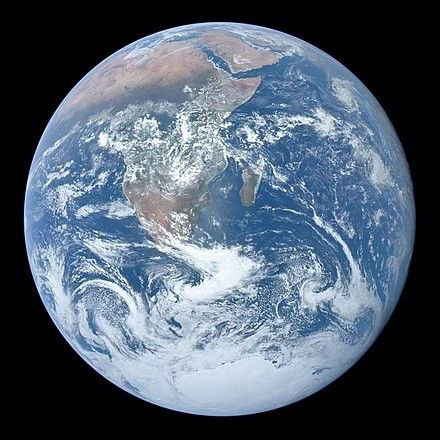planet earth
Planetary habitability is the measure of a planet's or a natural satellite's potential to develop and maintain environments hospitable to life. Life may be generated directly on a planet or satellite endogenously or be transferred to it from another body, through a hypothetical process known as panspermia. Environments do not need to contain life to be considered habitable nor are accepted habitable zones (HZ) the only areas in which life might arise.
As the existence of life beyond Earth is unknown, planetary habitability is largely an extrapolation of conditions on Earth and the characteristics of the Sun and Solar System which appear favorable to life's flourishing. Of particular interest are those factors that have sustained complex, multicellular organisms on Earth and not just simpler, unicellular creatures. Research and theory in this regard is a component of a number of natural sciences, such as astronomy, planetary science and the emerging discipline of astrobiology.




Comments
Post a Comment